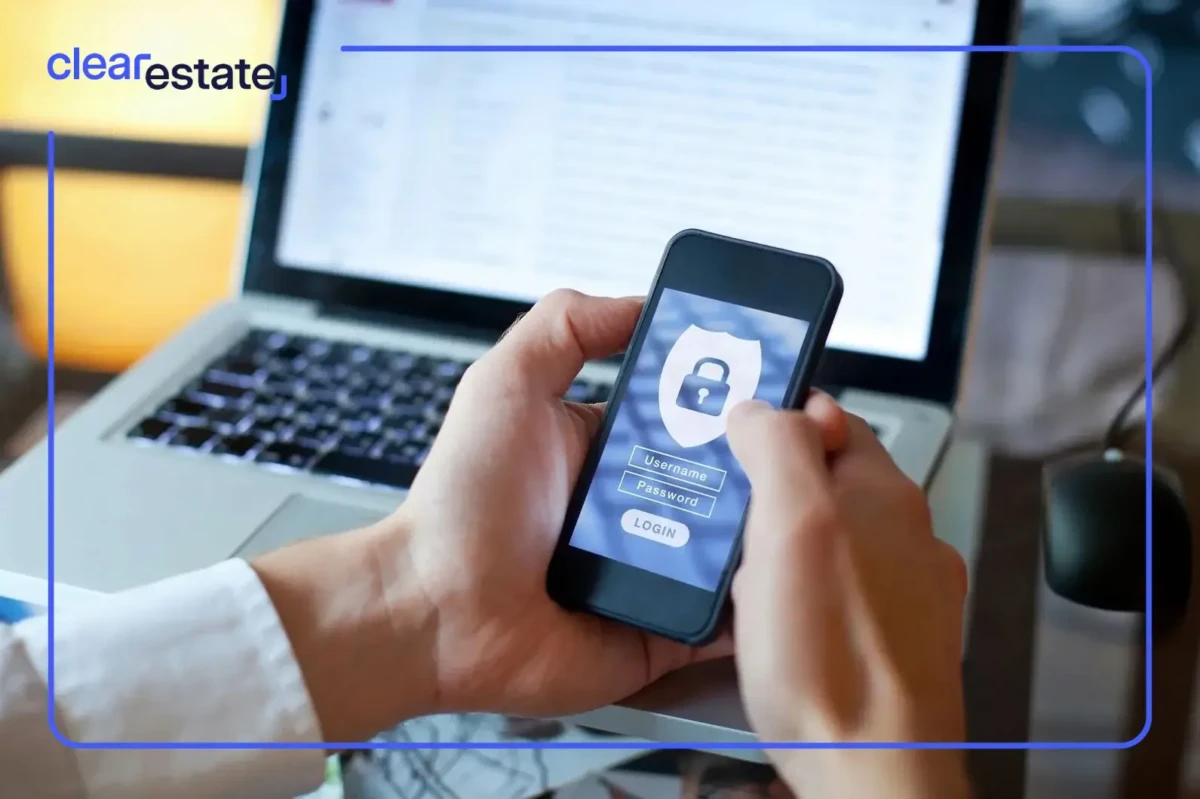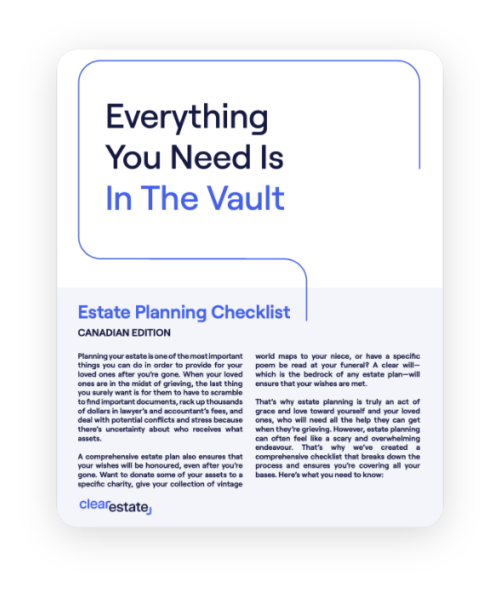Estate Planning
Nov 29, 2024
7 Critical Trust Fund Mistakes Parents Must Avoid in 2025
Setting up a trust fund? Learn the biggest mistake parents make and ensure your child's financial security with expert guidance.
Protected access to your online account passwords is vital for a smooth estate settlement process.


With the explosive growth of the internet, digital accounts, and digital record-keeping, estate planning has had to play catch-up. Estate planning professionals and estate executors must now deal with digital assets in addition to physical property and other traditional estate items. Protected access to your online account passwords is vital for a smooth estate settlement process. Here are some ways to store your passwords, so they'll be accessible when needed.
We regularly share relevant information about wills and estates.
A NordPass study estimated that most people have about 70 to 80 passwords. Unless you have a photographic memory, you need a way to store all those login keys. A password storage method simplifies life and helps you get into your accounts when you forget how.
Password storage is important when you're gone, too. Even more so, because you're no longer here to gain access through an ID verification process. Online accounts and digital assets are part of your estate. Hence, they need to be part of your will and overall estate plan. But since all of these assets are password protected, access is vital during the estate settlement process.
One of the many important duties of an estate executor is asset gathering. Giving your executor a single point of access to all of your passwords after your death simplifies a difficult job. It also helps your spouse or children take care of essential tasks when you're no longer here to do it. They can log in to access funds, pay bills, and keep the household running smoothly while they're dealing with grief. ClearEstate helps your executor manage the estate settlement process with skill and empathy.
 Secure Your Legacy
Secure Your Legacy
Get your free 12-step Estate Planning checklist now. 89% of readers complete their estate plan within 3 months of using our guide.
Instantly Access Now